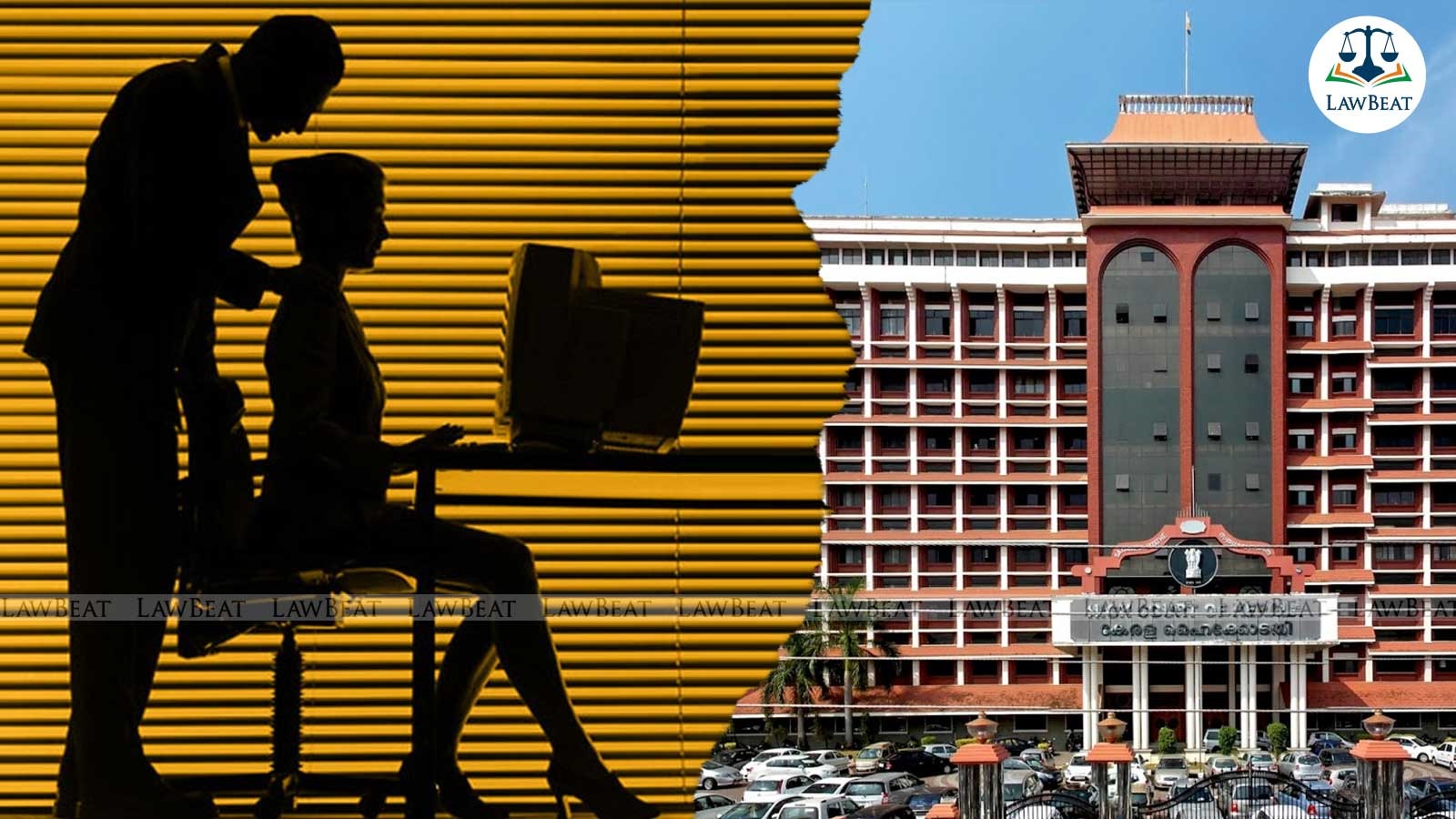Not Booking Departure Tickets for Woman Employee, Asking to Share Room Amounts to Trafficking & Sexual Harassment : Kerala HC

The court was hearing a case where the MD of a private company was accused of bringing the complainant to Chennai for an official meeting, ensuring her overnight stay by not booking her return flight, and then demanding sexual favours
The Kerala High Court has ruled that the failure to book departure tickets for a female employee and requesting her to share a hotel room constitutes trafficking and sexual harassment within the meaning of Section 370 and Section 354A of the Indian Penal Code (IPC), respectively.
The court, presided over by a Single judge bench of Justice A. Badharudeen, delivered the verdict, while rejecting the petition filed by the accused, seeking to quash the criminal proceedings against him.
The case revolved around a complaint filed by a woman employee, who was sent to Chennai from Mumbai by her employer for an official meeting on May 31, 2019. She had requested a flight to Mumbai on the same day to attend another meeting the following morning, but the accused, her Managing Director (MD), instead booked her flight for the next day and arranged for her to stay in a hotel. The accused then allegedly demanded that the woman share a room with him and sought sexual favours, which she resisted.
The petitioner’s counsel, Advocate Roshin Ipe Joseph, sought to quash the proceedings, arguing that the allegations did not constitute sexual harassment or trafficking under IPC. It was contended that the complainant’s presence in Chennai was for official purposes, and no coercion or exploitation occurred. The petitioner also referenced the judgment delivered by the Kerala High Court in the case of ‘Imthiyaz Ahammed v. State of Kerala’, where it was held that Section 370 requires evidence of threats, coercion, or exploitation, which, according to the petitioner, was not present in that case.
However, the prosecution, represented by Senior Public Prosecutor Renjit George, asserted that the actions of the accused prima facie supported the charges, as the complainant’s movement was controlled and exploited.
The court examined the definitions of trafficking and sexual harassment under IPC. The court noted that Section 370(1) addresses trafficking for the purpose of exploitation, including through coercion and deception. Based on the facts, the court found that the accused’s failure to arrange the complainant’s departure and the demand for sharing a room could reasonably suggest exploitation, justifying the trafficking charge.
Regarding the charge of sexual harassment under Section 354A, the court noted that “Going by Section 354A(1)(ii) of IPC and under Section 75(1)(ii) of BNS, a man commits an offence of sexual harassment, when he demands or requests sexual favours from the woman.” In light of the accused's actions—arranging for the complainant's stay and subsequently demanding sexual favours—the court concluded that there was sufficient evidence to support the charge of harassment.
“The accused herein brought the defacto complainant to Chennai for an official meeting and ensured her presence during the night on 31.05.2019 by not booking flight ticket for her to leave to Mumbai on 31.05.2019 ignoring her specific instruction that she should be given flight ticket to leave to Mumbai on 31.05.2019 and thereafter, after securing her presence during night at the hotel room, he demanded sexual favour. If so, it could be held that offences under Section 370(1)(b) and 354A(1)(ii) of IPC are made out in the present case prima facie warranting trial of the accused for the said offences,” the court held.
As a result, the petition to quash the proceedings was dismissed, and an interim order previously issued by the court was vacated.
Cause Title: XXXXXXXXXX v State of Kerala [CRL.MC NO. 1662 OF 2024]
